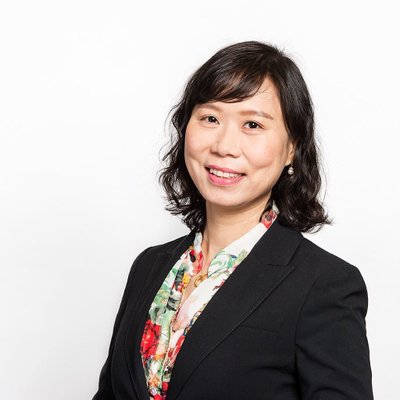S&P Global Offerings
Featured Topics
Featured Products
Events
S&P Global Offerings
Featured Topics
Featured Products
Events
S&P Global Offerings
Featured Topics
Featured Products
Events
S&P Global Offerings
Featured Topics
Featured Products
Events
Our Methodology
Methodology & Participation
Reference Tools
S&P Global
S&P Global Offerings
S&P Global
Research & Insights
Our Methodology
Methodology & Participation
Reference Tools
S&P Global
S&P Global Offerings
S&P Global
Research & Insights
25 Oct 2017 | 14:05 UTC — Insight Blog

Featuring Analyst Oceana Zhou
China's Communist Party on Wednesday unveiled the new party leadership for the next five years after the 19th CCP Congress closed on October 24, with the expectation that the world's second-biggest energy consumer would broadly keep its energy policies unchanged.
The Communist Party Congress is the most important political event in China as it rolls out the country's development strategy and reveals members in the highest decision-making body for the next five years -- the new Politburo Standing Committee.
The Standing Committee, which was revealed by President Xi Jinping on Wednesday, comprises Xi, Premier Li Keqiang, Li Zhanshu, Wang Yang, Wang Huning, Zhao Leji and Han Zheng.
Previous party congresses have anointed successors for the roles of party head and premier, with Xi Jinping and Li Keqiang both vaulting on to the Standing Committee in 2007 before they stepped into their current roles in 2012.
Meanwhile, one of the five members besides Xi and Li will oversee the energy sector for the next five years.
"The management style for the energy sector will be clearer when the committee decides the leader for it," said a Beijing-based analyst.
Nevertheless, Xi, who is also party and military chief, will continue to lead the Standing Committee, suggesting that the tone of China's development and reform was unlikely to change significantly.
Xi on October 18 rolled out mid- to long-term goals for China in a report, covering politics, economy and livelihood.
Analysts said those goals had been released before, while Xi gave more detailed description and clearer direction during the congress.
On commodities, environmental protection and anti-pollution were given more prominence this year than in any of the previous congress, which is expected to lead to higher cost for commodities production, boost natural gas and LNG consumption and dampen coal demand.
Xi highlighted "supply-side reform", which aims to focus on quality development instead of boosting production volume, while controlling overcapacity, especially in the coal and steel sectors.
The goal of continuing with infrastructure construction would support energy and raw material demand.
The One-Belt-One-Road scheme would continue to encourage overseas investments but Chinese companies would still be cautious as anti-corruption was still highlighted by Xi although the famous anti-graft chief Wang Qishan is no longer in the Standing Committee any more.
Diversifying ownership of the state-run enterprise would go on with further price deregulation in the energy market, but state-run companies would still dominate in the key commodity sectors.